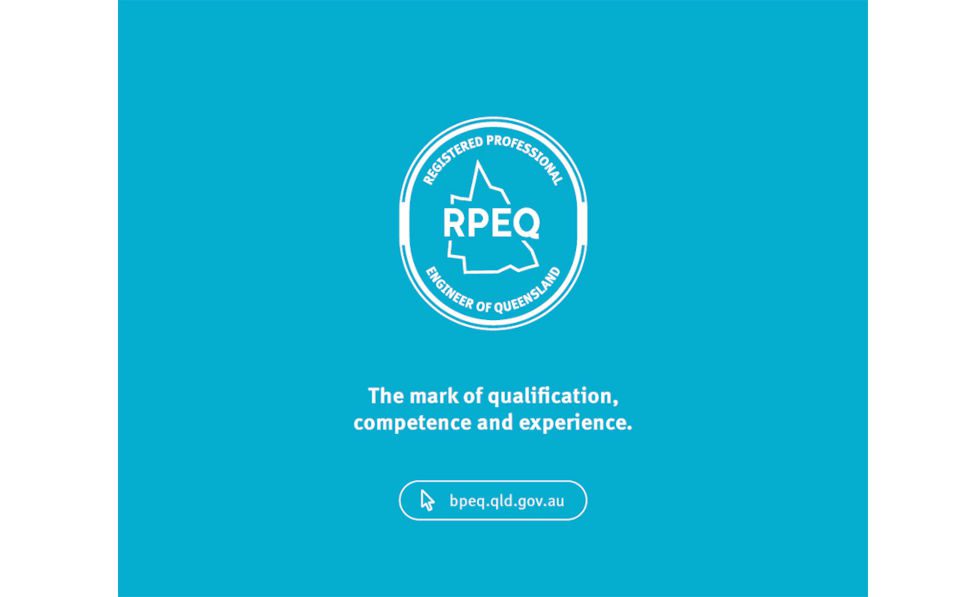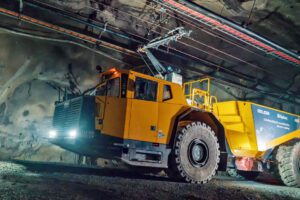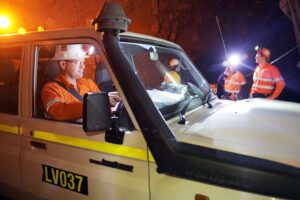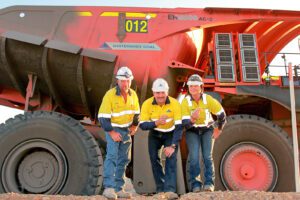In Queensland we have a unique system that requires registration for engineers working in or for Queensland. This is the registered professional engineer of Queensland (RPEQ) system that is established under the Professional Engineers Act 2002 (PE Act).
The RPEQ system and the PE Act is designed to protect the Queensland public and uphold standards of engineering. Any person providing professional engineering services must be registered as a RPEQ, which is a legally protected title.
To fully understand the RPEQ system, the PE Act and the difference between RPEQs and ‘engineers’ it helps to know some key concepts and information:
How long has this system been in place for?
The original PE Act came into effect in 1930 and Queensland has had legislation to regulate the engineering profession since that time. Mining engineering was among the first engineering disciplines to be registered in 1930.
What do I need to do to become a RPEQ?
- Complete a four-year degree in engineering from a recognised tertiary institute
- Demonstrate competence in engineering
- Complete a qualification and competence assessment
- Be deemed by the Board of Professional Engineers of Queensland (BPEQ) to be fit to practice engineering
How are RPEQ different to ‘engineers’?
RPEQ is a legally protected title.
To become a RPEQ, engineers must graduate with an engineering degree, have demonstrated competence in engineering, complete an assessment and be registered and deemed fit to practice by BPEQ.
Once registered, RPEQs must complete ongoing professional development, comply with ethical and practice standards and renew their registration annually.
On the other hand, anyone can call themselves an ‘engineer’ and some being an engineer offers no assurance they are actually able to do complex engineering activities.
What is a professional engineering service?
A professional engineering service is a service that requires — or is based on — the application of engineering principles and data to a design, construction, production, operation or maintenance activity that relates to engineering.
Does the PE Act apply to mining engineers even though mines are covered by specific legislation?
Yes, the PE Act applies to both RPEQs and unregistered engineers or other unregistered persons who carry out professional engineering services on mine sites in Queensland. The PE Act also applies to persons located outside of Queensland who carry out professional engineering services for Queensland mine sites.
The Mining and Quarrying Safety and Health Act 1999 and the Coal Mining Safety and Health Act focus on health and safety, while the PE Act focuses on ensuring the safety and quality of professional engineering services by way of its registration, disciplinary and prosecution systems.
What is direct supervision?
Direct supervision of an unregistered person(s) (including unregistered engineers) in carrying out a professional engineering service requires that a RPEQ be involved throughout the entirety of that service.
Direct supervision requires that the RPEQ:
- has direct contact with the person(s) they are supervising
- has actual knowledge of the service as it is being carried out
- is the person directing the carrying out of the service
- oversees the carrying out of the service
- evaluates the service
- takes full professional responsibility for the service.
Different RPEQs may take responsibility for directing, overseeing and evaluating the carrying out the service at different points in time; however, direct supervision by an RPEQ must occur throughout the entirety of the service.
Simply ‘signing off’ on designs without other RPEQs having provided direct supervision through the design process will not meet the requirements of direct supervision under the PE Act.
BPEQ is Queensland’s engineering regulator. BPEQ has administered the PE Act and the RPEQ system since 1930.

For more information visit www.bpeq.qld.gov.au














Add Comment